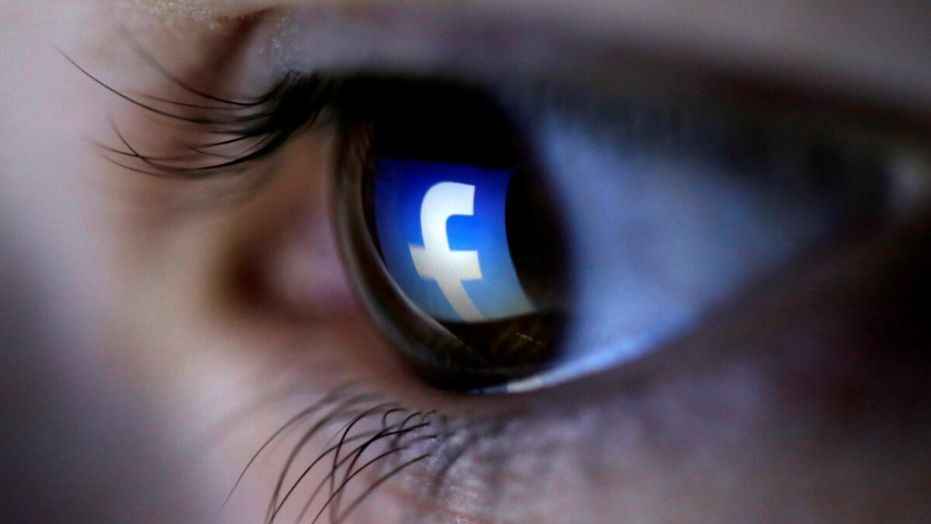Why did Facebook’s user base decline for the first time ever?

The emergence of new technologies and globalization has intensified competition, resulting in a difficult business environment for many established companies. Several industry giants have encountered unprecedented challenges in recent years.
For example, Netflix experienced a decline in its subscriptions for the first time in 2022 after many years of growth. But Netflix is not alone. Facebook also saw a decline in its user base, breaking its 17 years streak. But there are many reasons why people chose to walk away from the world’s largest social media network.
Facebook’s Journey So Far
A brainchild of Mark Zuckerberg, Facebook was founded in 2004 to enable online networking among college students. The platform was limited to individuals with a college email address and Apple and Microsoft employees until early 2006.
In September 2006, Facebook opened its doors to anyone aged 13 or older with a valid email address. In 2008, the platform achieved a significant milestone by introducing features such as Facebook Chat, People You May Know, Facebook Wall, and Facebook Connect.
To stay competitive, Facebook acquired various social media platforms, including Instagram and WhatsApp, in 2012 and 2014. This move allowed Facebook to reduce operational costs, increase stock valuation, and retain consumers.
Facebook’s Rebrands to Meta
Then in 2021, Facebook underwent a rebranding and changed its name to ‘Meta.’ The term ‘Meta’ refers to the concept of the ‘metaverse,’ which represents a virtual reality space. To facilitate this transition, Facebook acquired Oculus VR in 2014. This acquisition enables Facebook to develop a virtual world that users can engage with and explore.
How Many Users Did Facebook Actually Lose?
According to multiple online sources, Facebook lost around 500,000 daily users in the last three months of 2021. The company also revealed in its quarterly earnings report that its daily active users (DAUs) decreased from 1.930 billion in 2018 to around 1.929 billion in 2019. This implies that Facebook has lost between 500,000 and one million users.
However, the decline is a drop in the bucket and only accounted for 0.05% of its loss for a social media platform with billions of users. But what was the reason behind the decline? Let’s dig in to find out.
Why has Facebook’s user base declined?
Below are some of the top reasons for Facebook’s decline.
Stuck in the old model
Although Facebook is striving to create a Metaverse, it is increasingly perceived as a social media platform for the older generation. The platform, which was originally designed for college students, has become synonymous with the Boomer demographic. This is because Facebook is built on a traditional social networking model that is becoming outdated.
Moreover, many young users assert that the presence of their parents and other family members on the platform undermines the purpose of having a social media account. As a result, users seek out alternatives, and it is likely that the internet will offer several options to choose from.
The growing competition
The attention span of the younger generation attention span is decreasing rapidly, and they require a diverse range of content within a short period. TikTok, Facebook’s biggest rival, is one of the most thriving platforms, and industry experts believe that Facebook is aware that it is losing the competition to TikTok.
In contrast to Facebook, TikTok is primarily focused on content. Users can enjoy content from creators worldwide based on their interests and preferences. On the other hand, Facebook is more user-centric and prioritizes connecting mutual friends rather than introducing fresh content. While Facebook introduced Reels as an alternative, TikTok continues to lead the way in content-focused marketing.
Apple’s ATT
The other factor that contributed to Facebook’s decline is the new privacy policy known as Apple’s ATT (App Tracking Transparency) framework, which requires permission from users before tracking their activities on different platforms, significantly reducing the amount of user data Facebook can collect. This data is used to personalize user experience, and its decrease has affected Facebook’s revenue streams.
Furthermore, the monetization of Reels is a complicated matter. Unlike TikTok or YouTube Shorts, which have sponsored content and paid ads options that enable creators with smaller followings to earn from their content, Reels only allows brands to hire content creators to make specific videos. This approach limits the number of people opting for Reels since Facebook’s method depends entirely on the creator’s reach.
Although Facebook has introduced paid ads in Reels, it is still playing catch-up to its competitors. This has contributed to the platform’s struggle to attract and retain younger users who are increasingly drawn to platforms like TikTok.
The harmed reputation
Privacy has also become a major issue for the company. The public is well aware of Facebook’s privacy controversy, from the misuse of user data by Cambridge Analytica to the leak of millions of user records. Such incidents have damaged Facebook’s reputation, and people are now more cautious about what they share online and with whom.
In addition, they have become less trusting of Facebook as a platform. Facebook was fined $277 million for exposing the information of half a billion users. Consequently, its reputation in a privacy-conscious world leaves much to be desired.
As a result, users are turning to other platforms as their primary means of online communication. In addition, users also download VPN apps and other privacy-focused programs to hide their online activities. Virtual Private Networks hide users’ IP addresses and encrypt their traffic, making it harder for entities to track them. Additionally, choosing browsers that block third-party cookies can significantly reduce tracking.
Conclusion
So, with Facebook hemorrhaging users, it might well be time for publishers to find new ways to monetize content or run their ads. In years to come, we don’t see Facebook losing its shares of the older user base, but young people will continue to leave in droves as it continues to be seen as a platform for the older generation.
As Facebook alienates its base with users-oriented content (largely based on mutual friends), younger audiences will flock to content-oriented platforms like TikTok.




